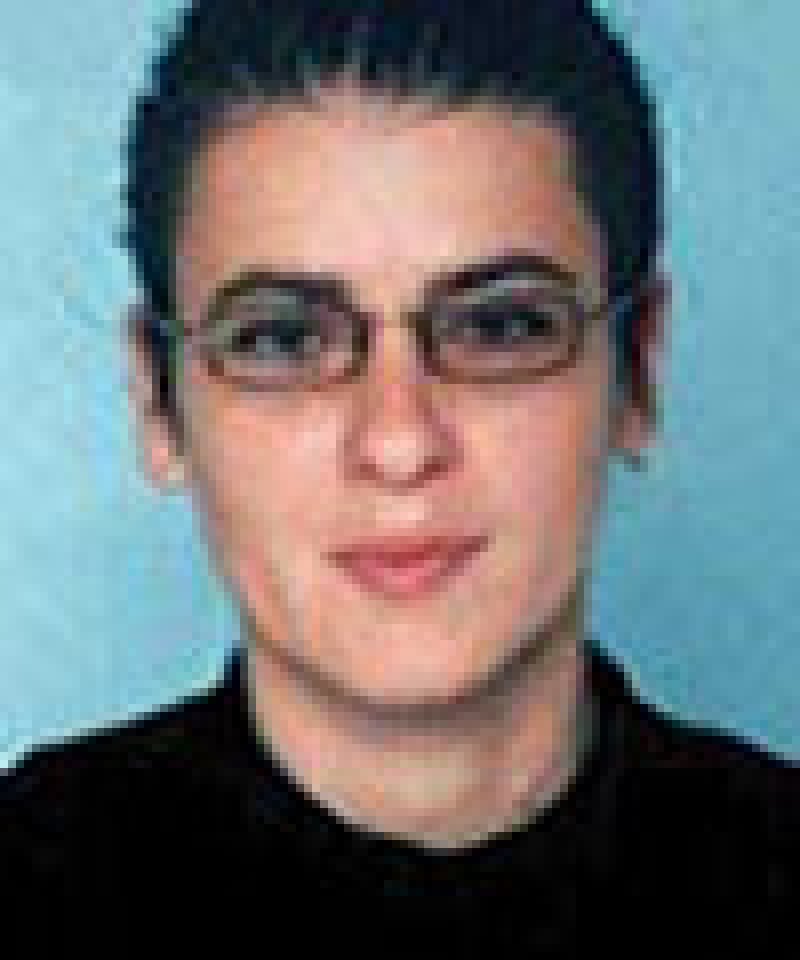
|
Aleksandra Rafailovic |
After Serbia's double taxation avoidance agreements with Georgia, Canada, Tunisia and Vietnam became effective on January 1 2014, the list of 54 treaty states will soon be extended by Armenia, the agreement with which was ratified in July. The treaty on the avoidance of double taxation between the Government of the Republic of Serbia and the Government of the Republic of Armenia was signed in Yerevan on March 10 2014, while the law on ratification, and the text of the treaty, were published in the Official Gazette of Republic of Serbia no. 7/14 of July 3 2014, and will enter into force in the near future, once ratified by the Republic of Armenia.
The treaty covers corporate income tax, personal income tax and tax on property in Serbia and profit tax, income tax and tax on property in Armenia, and stipulates that both countries will allow deduction from taxes in the amount of tax paid in the other state.
Income from immovable property, dividends, interest, copyrights, artists' or sportspersons' income and capital gains from the alienation of immovable and movable property generated by a resident of one contracting state may be taxed in the other state. In case of interest and royalties, the tax payable shall not be greater than 8% of the gross amount of interest and author fees.
Income for professional services (lawyers, doctors, accountants, engineers, scientists and so on) shall be taxable only in the resident's state, unless they have a permanent working base in the other state or stay there longer than 183 days in total during a 12 month period, and in that case tax will be calculated only for that part of the income.
Company profits generated in one contracting state shall be taxable only in that state unless the company is present in the other contracting state through a permanent establishment.
Students, professors and researchers shall be exempt from taxation of income for remuneration they receive for support during studies or for education, or remuneration for such teaching or research, if such payments arise from sources outside that state.
Income recipients prove their residential status with a special form verified by the competent foreign authority, and translated into Serbian language by a court interpreter.
Aleksandra Rafailovic (aleksandra.rafailovic@eurofast.eu)
Eurofast Global Belgrade
Tel: +381 11 3241484
Website: www.eurofast.eu









